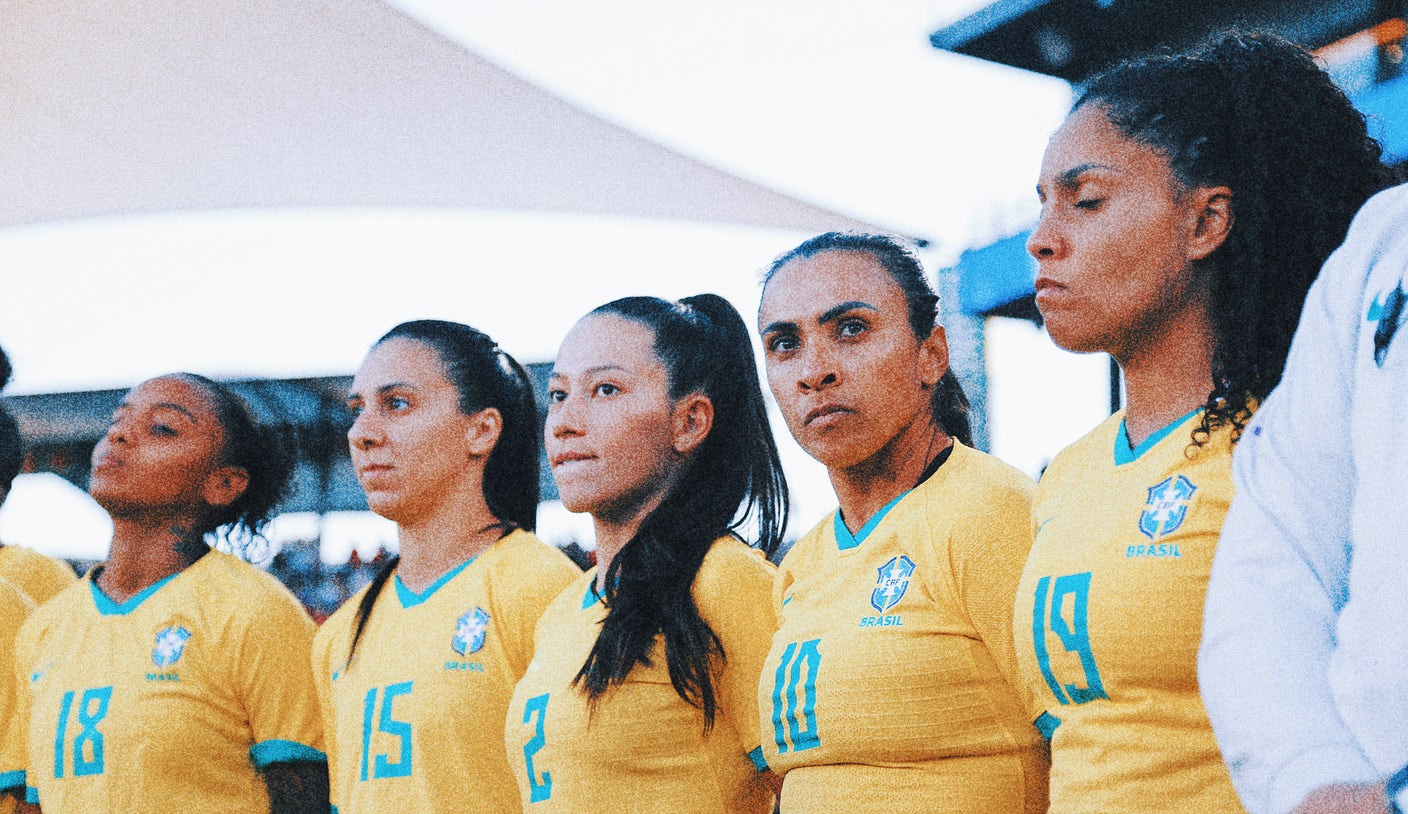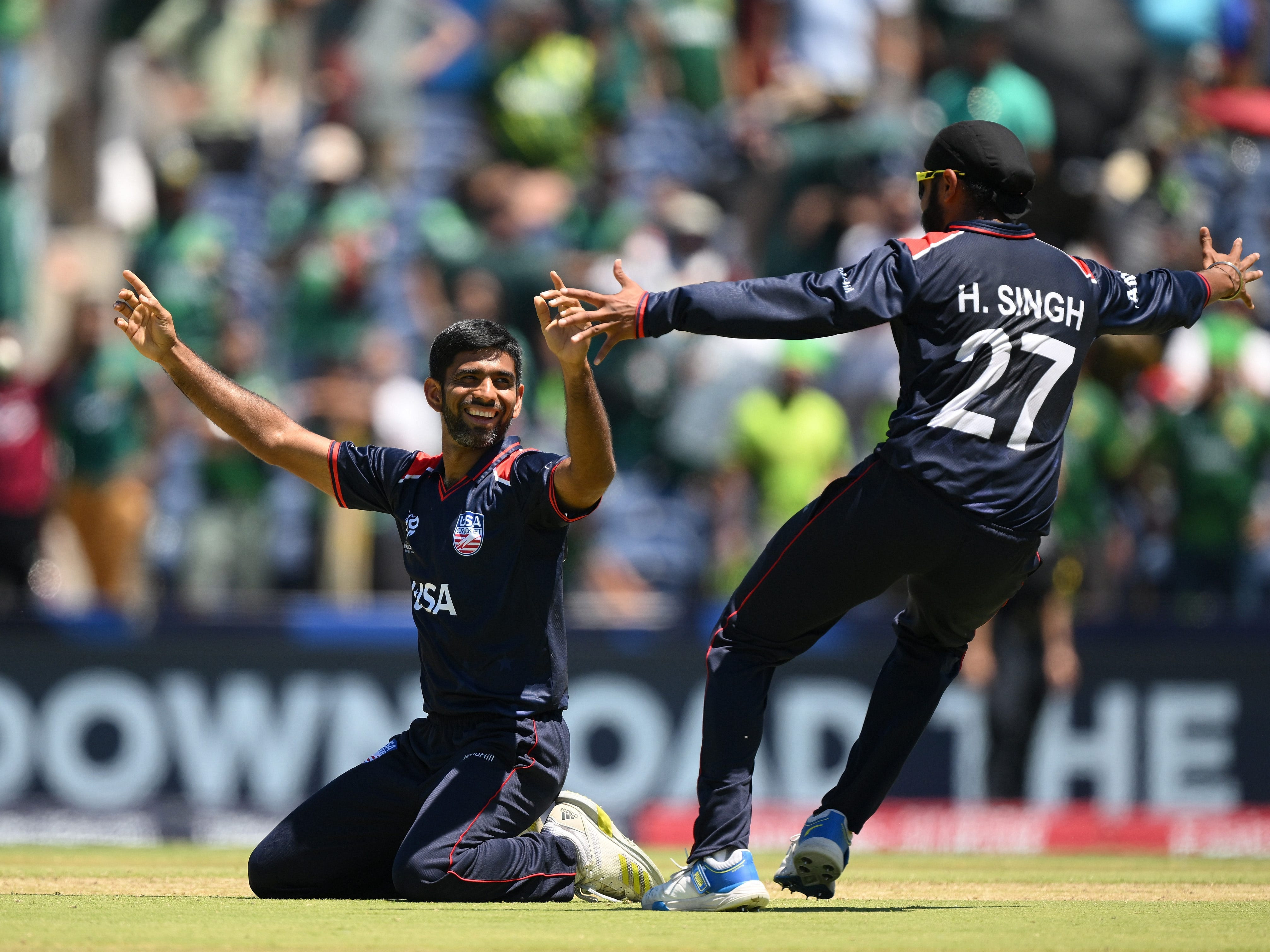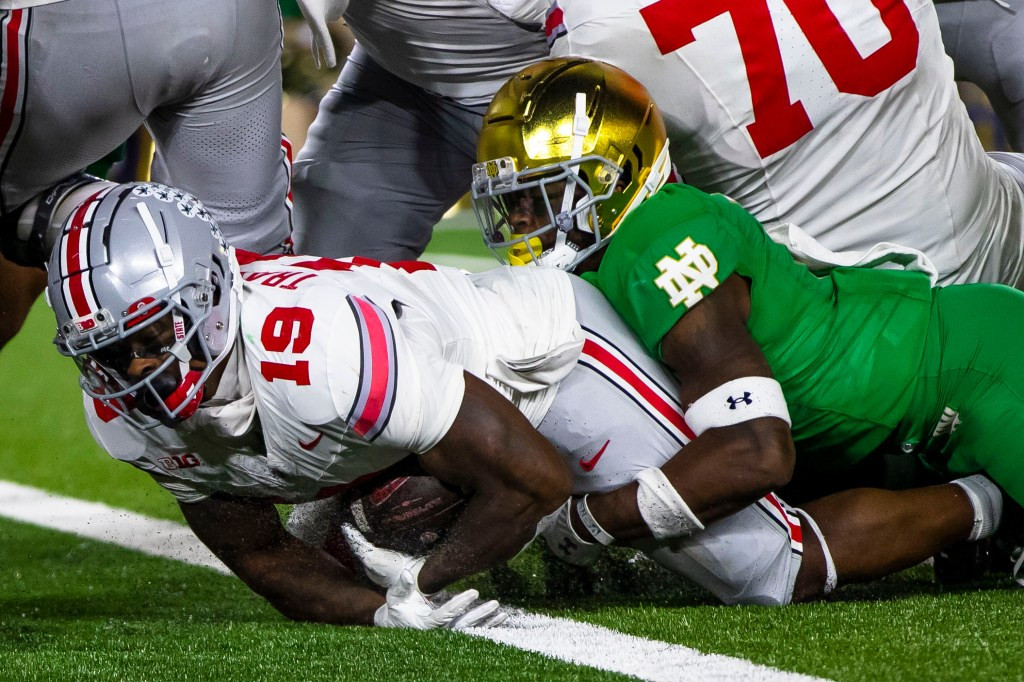Brazil's 2027 Women's World Cup: A New Generation Takes the Field
Following Australia's successful hosting of the 2023 FIFA Women's World Cup, Brazil is gearing up to host the 2027 tournament. This ambitious undertaking marks a significant turning point for Brazilian women's football, particularly given the recent retirement of legendary player Marta.
Brazil's Path to Hosting the 2027 World Cup
Brazil's successful bid to host the 2027 Women's World Cup represents a culmination of sustained efforts and a strategic vision for elevating women's football. The bid, which outcompeted a joint effort from Belgium, Germany, and the Netherlands, underscores the nation's unwavering commitment to promoting the women's game. The selection process highlighted Brazil's extensive infrastructure, passionate fan base, and government backing, creating a compelling case for hosting a global event of this scale. This achievement follows Brazil's recent success in winning a silver medal at the Paris Olympics, further solidifying its position as a rising force in women's football.
A New Era Emerges After Marta's Retirement
The 2027 World Cup will mark a significant transition for the Brazilian national team. With the retirement of the legendary Marta, a new generation of players is poised to take center stage. Marta's legacy extends beyond her remarkable on-field achievements; she inspired countless young girls to pursue their dreams in football, transforming the landscape of the sport. While Marta's presence on the field will be sorely missed, her influence on the team and the wider sporting community will undoubtedly endure. The new generation, led by rising stars like young striker Amanda Gutierres, will need to rise to the challenge, carrying the torch of Marta’s legacy and inspiring a new wave of players. Gutierres herself has expressed the overwhelming pride and honor of potentially playing in a World Cup hosted in her own country.
The Impact of Marta's Influence
Marta's influence on the Brazilian national team cannot be understated. Her leadership, skill, and dedication have not only shaped the team's performance but also helped to garner increased support and recognition for women's football in Brazil. The World Cup's arrival in Brazil in 2027 presents a unique opportunity to build on Marta's legacy and nurture the next generation of talented players. This renewed focus promises to propel the growth and development of women's football in Brazil for years to come.
Preparing for the 2027 World Cup: A National Effort
The Brazilian football federation is already actively working towards making the 2027 World Cup a resounding success. Coach Arthur Elias has emphasized the importance of integrating new players into the national team, creating a blend of experience and fresh talent. This approach suggests a conscious effort to ensure a smooth transition and maintain a high level of competitiveness. Furthermore, the success of the bid demonstrates Brazil's dedication to building on the momentum of recent successes, both in the Olympics and the increasing popularity of women’s football in the country. The Brazilian team is confident that their home crowd will be a powerful source of support and inspiration throughout the tournament.
Building on Success: From Olympics to World Cup
Brazil’s recent silver medal win at the Paris Olympics provided a significant boost to the team’s morale and confidence. This achievement served as a validation of the team’s potential and showcased their ability to compete on the world stage. The experience gained in the Olympics will be invaluable as the team prepares for the challenges of the 2027 World Cup. The seamless integration of newer players alongside the experienced players promises a powerful combination that aims to deliver an unforgettable tournament for the home crowd.
A Bright Future for Brazilian Women's Football: The Legacy of the 2027 World Cup
The 2027 Women's World Cup in Brazil is poised to be more than just a sporting event; it represents a powerful catalyst for the continued growth and development of women's football in the country. The tournament's potential to inspire future generations of players, boost participation at the grassroots level, and further enhance the visibility of women's sports is undeniable. The event's success will be measured not only by on-field results but also by its long-term impact on the overall landscape of Brazilian women's football. This significant undertaking promises to solidify Brazil’s position as a global leader in women's sports. The upcoming years will be crucial in shaping the legacy of the 2027 tournament and the future trajectory of women's football in Brazil. The excitement surrounding this event is palpable, fueled by a passionate fanbase eager to witness their team's ascent on the world stage. The success of the 2027 World Cup will depend on a variety of factors, including the performance of the team and the overall execution of the tournament, but the anticipation and optimism surrounding this event are unmistakable.



















